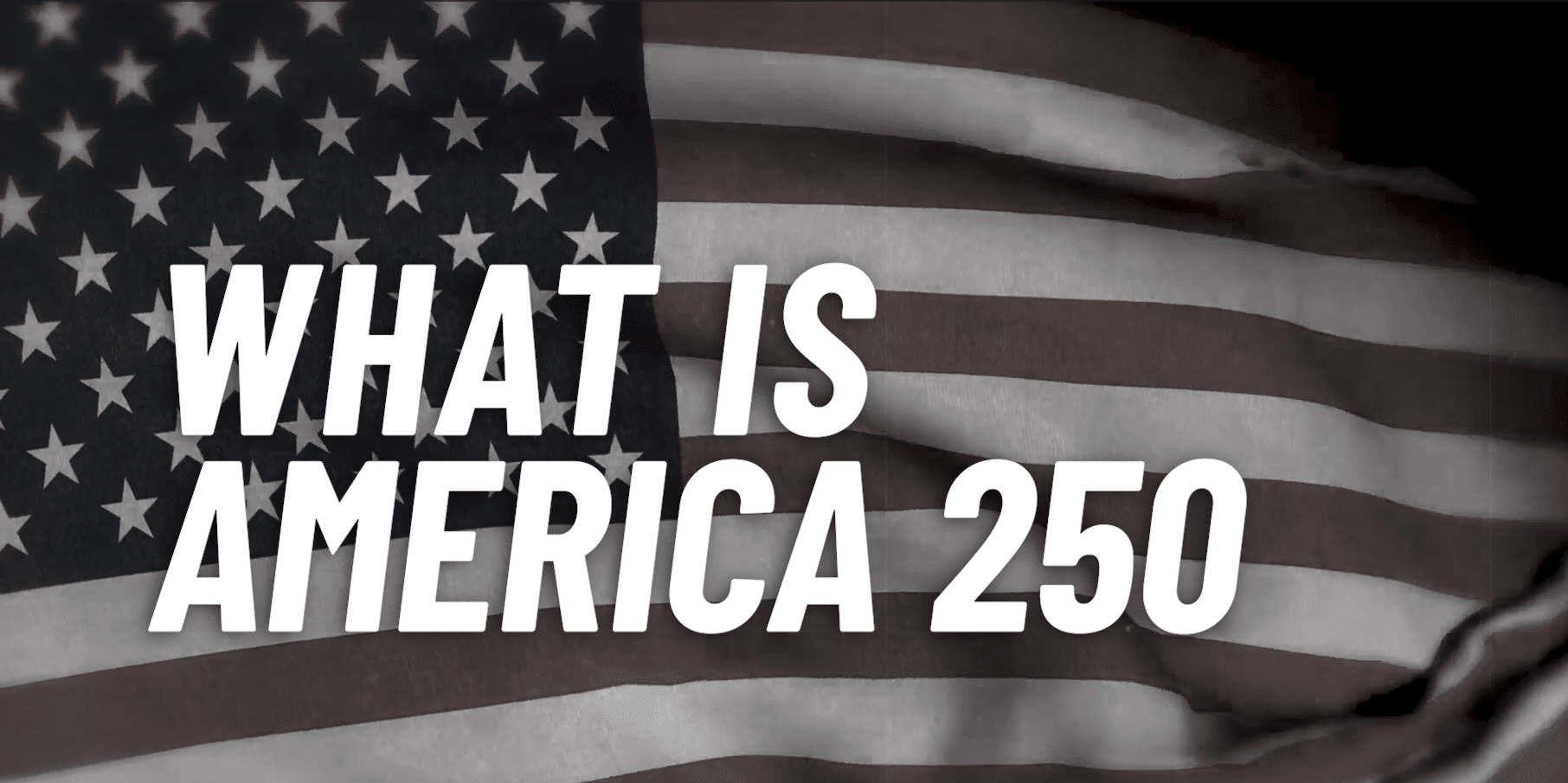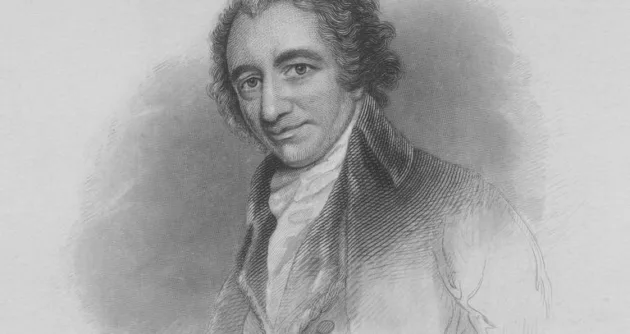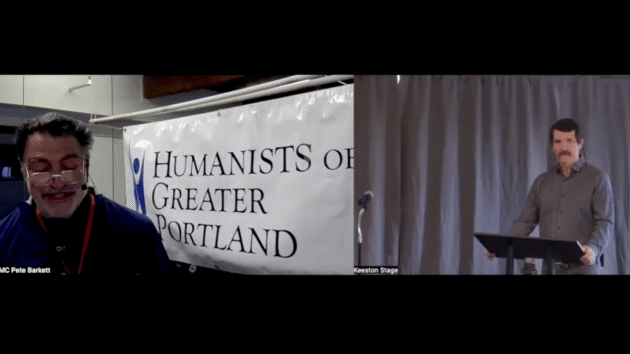Under the Pennsylvania Constitution
Click here to read Judge Debbie O’Dell-Seneca’s ruling
To protect small and family farms from industrial factory farms, over a decade ago a handful of Pennsylvania townships picked a fight with some of the country’s largest agribusiness corporations. Recognizing that the state and federal government, rather than protecting them from factory farms, were in fact forcing them into communities, the townships took the unprecedented step of banning corporate farming within their borders.
Thus began the journey to spark a new civil rights movement – one aimed at elevating the right of communities over the “rights” of corporations to use communities for their own ends.
In a departure from the usual David and Goliath story, with one tiny community battling a giant corporation, today there are over 150 “Davids” in eight states that have followed the lead of those Pennsylvania townships. Community by community, they’ve banned corporate “fracking” for shale gas, factory farming, sludge dumping, large-scale water withdrawals, and industrial-scale energy projects.
But they’re not intent on simply stopping the immediate threat of fracking or factory farming. Rather, they’re adopting Community Bills of Rights that ban such projects as violations of the community’s right to a sustainable energy and farming future. And to protect those Bills of Rights, they are legislatively overturning a slew of corporate legal doctrines – like corporate “personhood” – that have been concocted over the past century to keep communities from interfering with corporate prerogatives.
These communities believe that if ten thousand other localities do the same, that those tremors will begin to shake loose a new system of law – a system in which courts and legislatures begin to elevate community rights above corporate rights, and thus, begin to liberate cities and towns to build economically and environmentally sustainable communities free from corporate interference.
Last week, a Pennsylvania county court gave this new movement a boost – declaring that corporations are not “persons” under the Pennsylvania Constitution, and therefore, that corporations cannot elevate their “private rights” above the rights of people.
The ruling was delivered in a case brought by several Western Pennsylvania newspapers which sought the release of a sealed settlement agreement between a family claiming to be affected by water contamination from gas fracking, and Range Resources – one of the largest gas extraction corporations in the state. Range Resources argued that unsealing the settlement agreement would violate the corporation’s constitutional right to privacy under the Pennsylvania Constitution.
In a landmark ruling, President Judge Debbie O’Dell-Seneca of the Washington County Court of Common Pleas denied the corporation’s request on the basis that the Pennsylvania Constitution only protects the rights of people, not business entities.
In the ruling, Judge O’Dell-Seneca declared that “in the absence of state law, business entities are nothing.” If corporations could claim rights independent from people, she asserted, then “the chattel would become the co-equal to its owners, the servant on par with its masters, the agent the peer of its principals, and the legal fabrication superior to the law that created and sustains it.”
She further found that “the constitution vests in business entities no special rights that the laws of this Commonwealth cannot extinguish. In sum, [corporations] cannot assert [constitutional privacy] protections because they are not mentioned in its text.”
Judge O’Dell-Seneca cited sections of the 1776 Pennsylvania Constitution in support of her contention that corporations were never intended to be constitutionally protected “persons.” She declared that “an even more dubious proposition is that the framers of the Constitution of 1776, given their egalitarian sympathies, would have concerned themselves with vesting, for the first time in history, indefeasible rights in such entities. . . that language extends only to natural persons.”
Finally, she tackled the very nature of corporations by declaring that “it is axiomatic that corporations, companies, and partnerships have no ‘spiritual nature,’ ‘feelings,’ ‘intellect,’ ‘beliefs,’ ‘thoughts,’ ‘emotions,’ or ‘sensations,’ because they do not exist in the manner that humankind exists. . . They cannot be ‘let alone’ by government, because businesses are but grapes, ripe upon the vine of the law, that the people of this Commonwealth raise, tend, and prune at their pleasure and need.”
The court records unsealed by the ruling reveal that Range Resources, and the other corporations which were the subject of the complaint, paid out $750,000 to settle claims of water contamination caused by fracking.
The ruling represents the first crack in the judicial armor that has been so meticulously welded together by major corporations. And it affirms what many communities already know – that change only occurs when people begin to openly question and challenge legal doctrines that have been treated as sacred by most lawyers and judges.
It is that disobedience – of entire communities sitting at lunch counters demanding to be served – that is our only hope of salvation in a world increasingly commandeered by a small handful of corporate decisionmakers intent on remaking the world as their own.
A revolution that subordinates the powers and rights of corporations to the rights of people and nature now waits in the wings. Perhaps now, we’re ready to move it to center stage.


